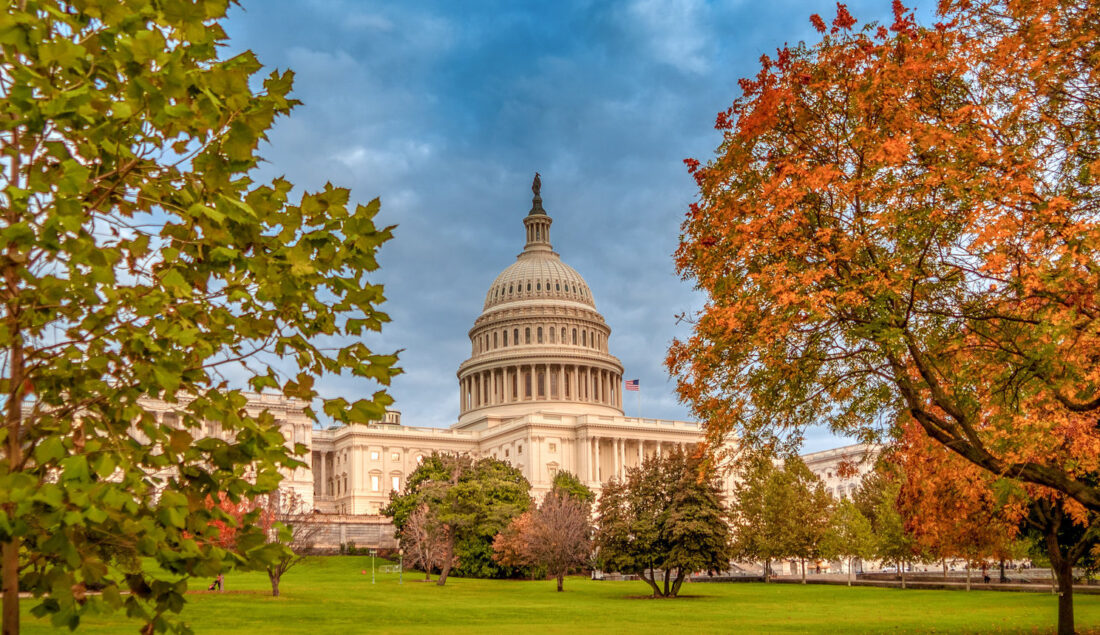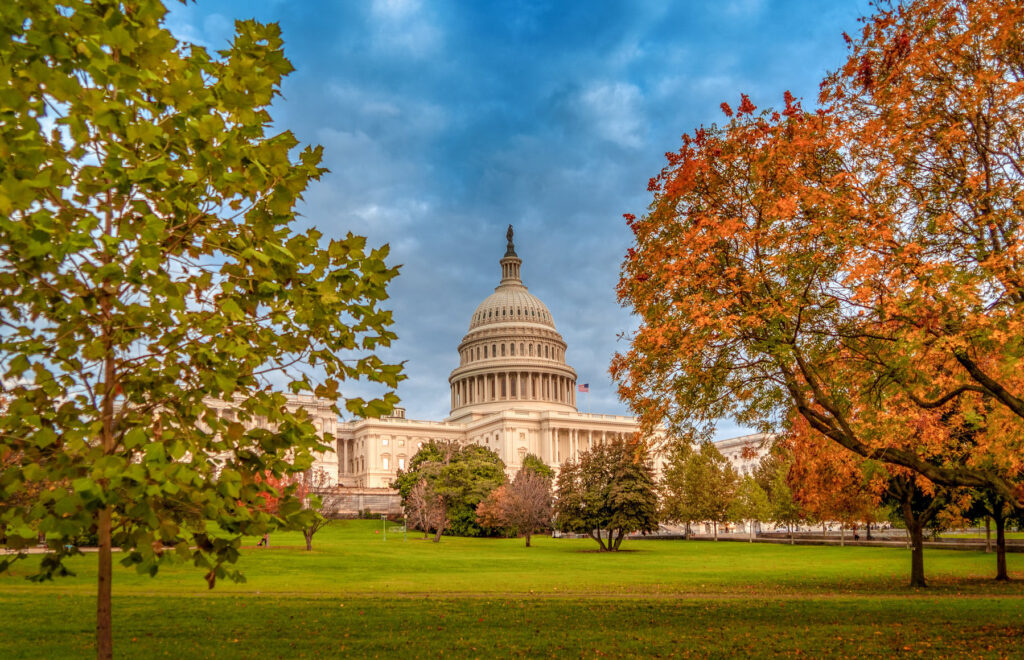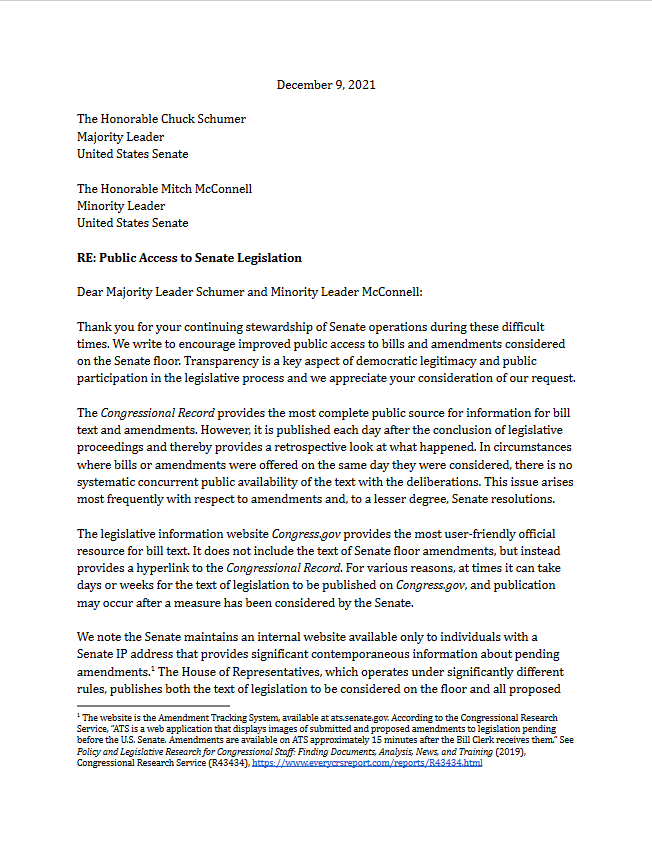On October 18, 2021, the Senate Appropriations Committee Democrats released draft bill text, an explanatory statement, and a subcommittee summary for the Commerce, Justice, and Science appropriations bill. We reviewed the contents and compared the proposed funding to the enacted levels from the last Congress.
Senate Democrats’ CJS appropriations bill includes a discretionary funding level of $79.7 billion, an increase of $8.55 billion over the FY 2021 enacted levels, a 12% increase. By comparison, the House version was favorably reported by committee but has not passed the chamber; it provided for a funding level of $81.3 billion.
We were disappointed to see that language requiring transparency for Office of Legal Counsel opinions was not included in the Senate version. This language, which would have encouraged the Justice Department’s Office of Legal Counsel to proactively release final OLC legal opinions, had been included in the House CJS Appropriations Committee Report (thanks, in large part, to the leadership of Rep. Cartwright). Here’s why final OLC opinions should be available to Congress and the public. However, so long as the explanatory language is not modified or negated in the version adopted by the Senate or agreed to by the chambers, the House’s pro-disclosure language will become operative.
The Senate CJS Committee Explanatory Statement included several notable provisions that caught our eye:
— The Foreign Agents Registration Act is the focus of a request that directs the Attorney General to evaluate the feasibility of requiring all filings be submitted in an electronic, structured data format and published in a searchable, sortable, downloadable format. (p. 89) Demand Progress had requested language on FARA be included.
— Whistleblower protection at the Justice Department is the focus of two directives within the explanatory statement. The first raises concerns that contractors are not being protected despite a mandate, and the committee directs the DOJ to explain how the agency will implement unresolved recommendations. (p. 75) In addition, the FBI must report on how it will implement unresolved GAO recommendations from 2015. (p. 94)
— Serious misconduct identified by the OIG is not being prosecuted by the DOJ, and the committee directs the Attorney General to publish the number of cases referred for prosecution, the number of cases the DOJ declines to prosecute, and the reasons why. (p. 77)
Continue reading “First Reactions to Senate Democrats’ Commerce, Justice, Science FY 2022 Appropriations Subcommittee Bill” →


